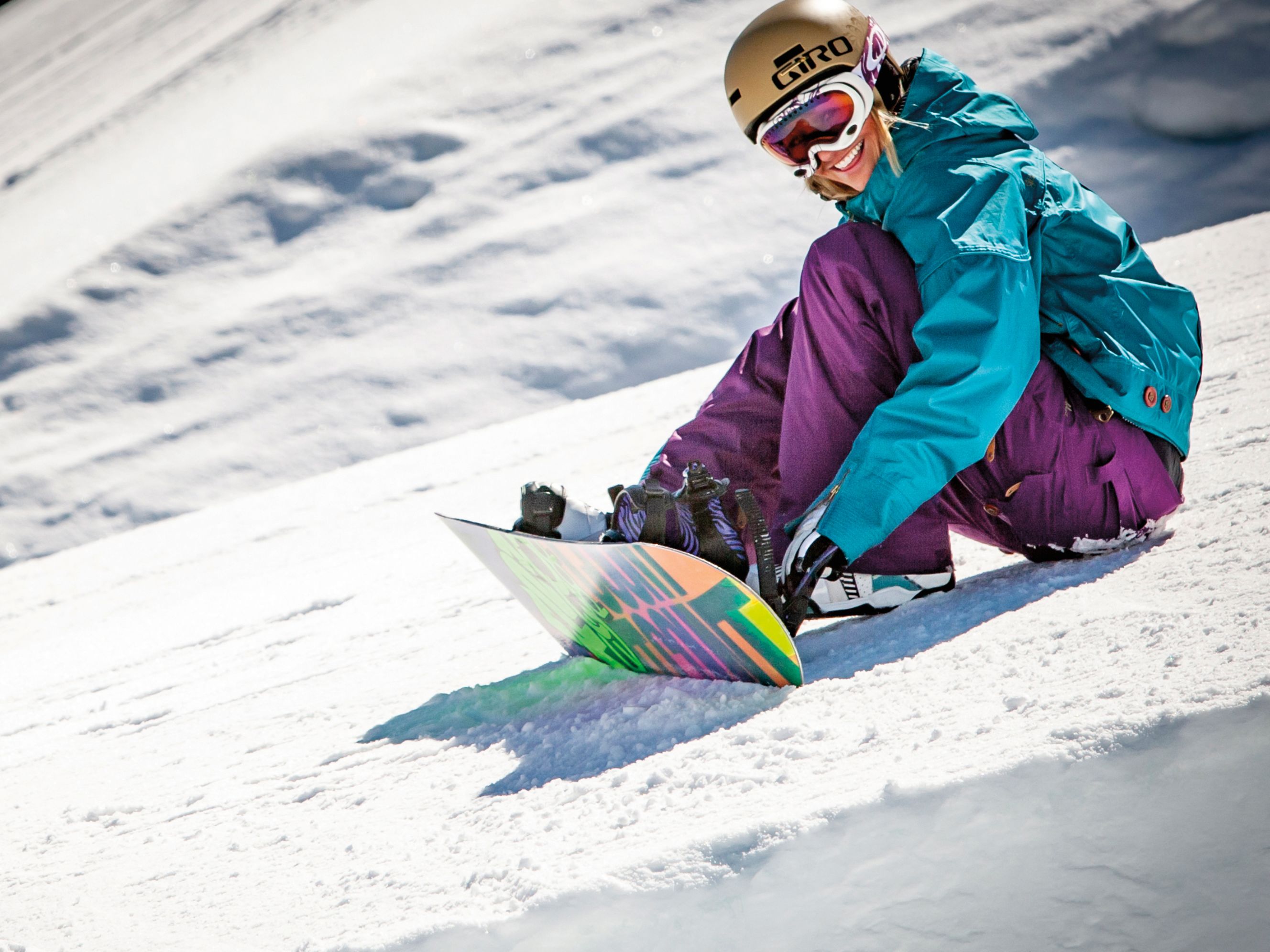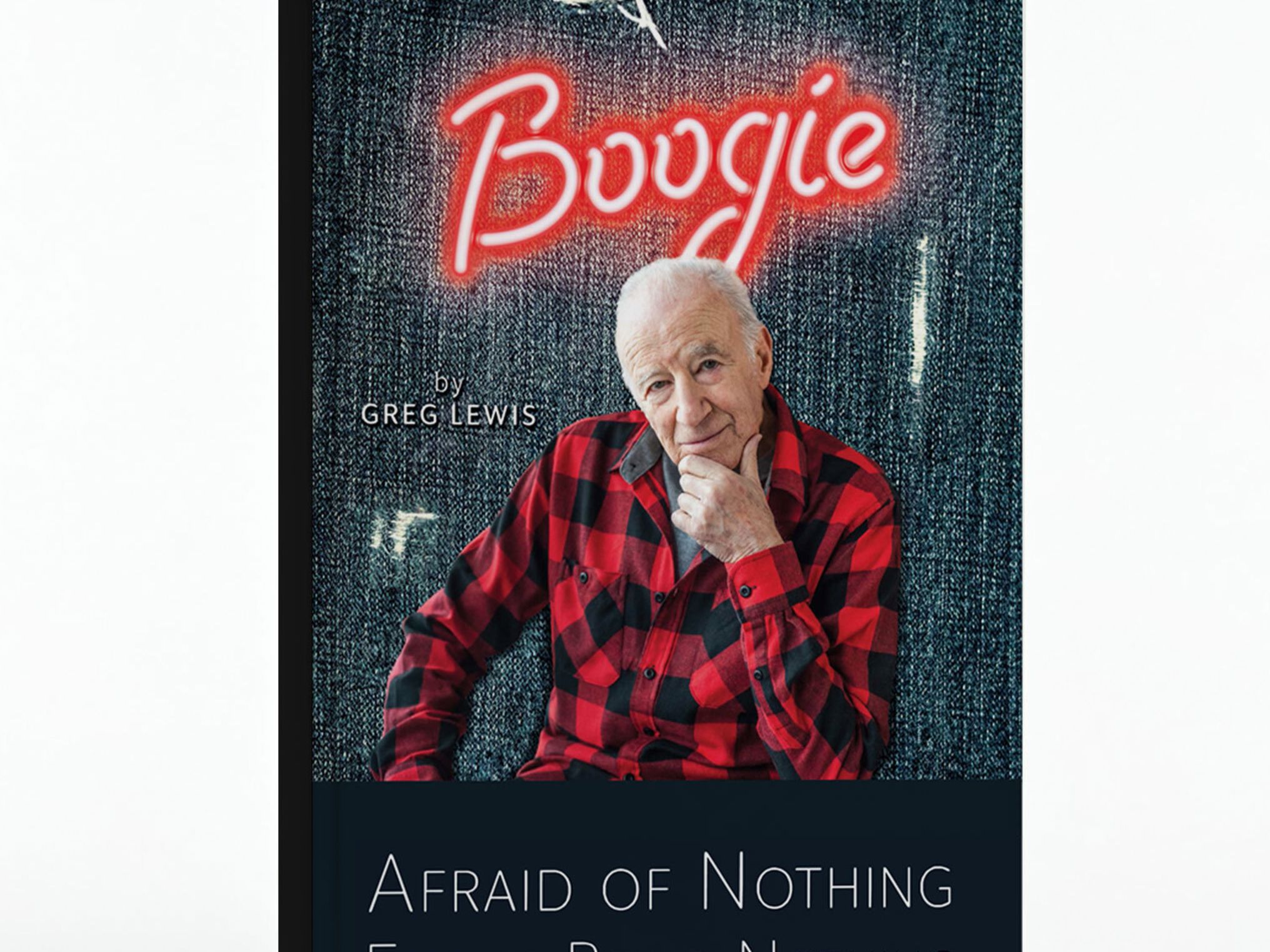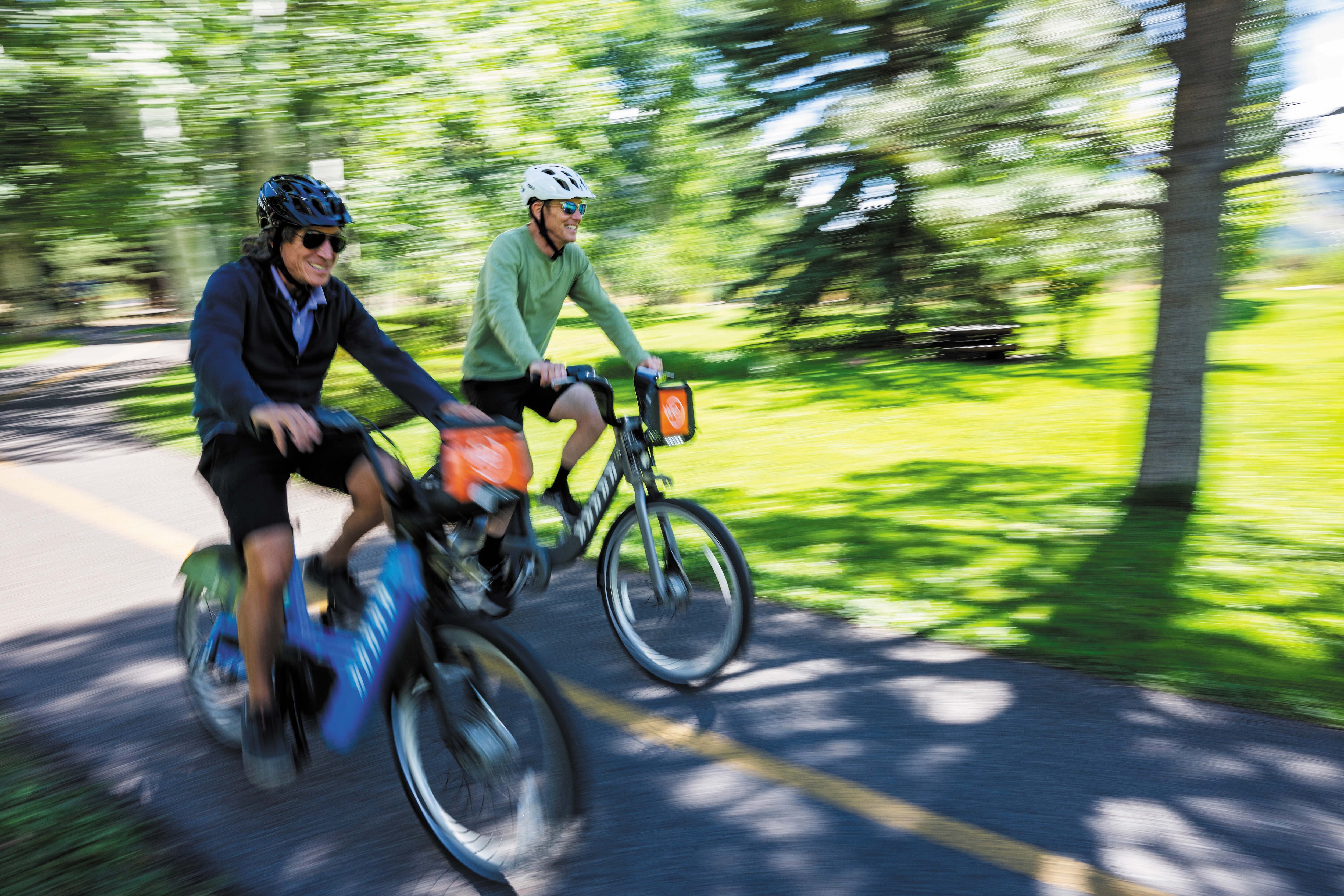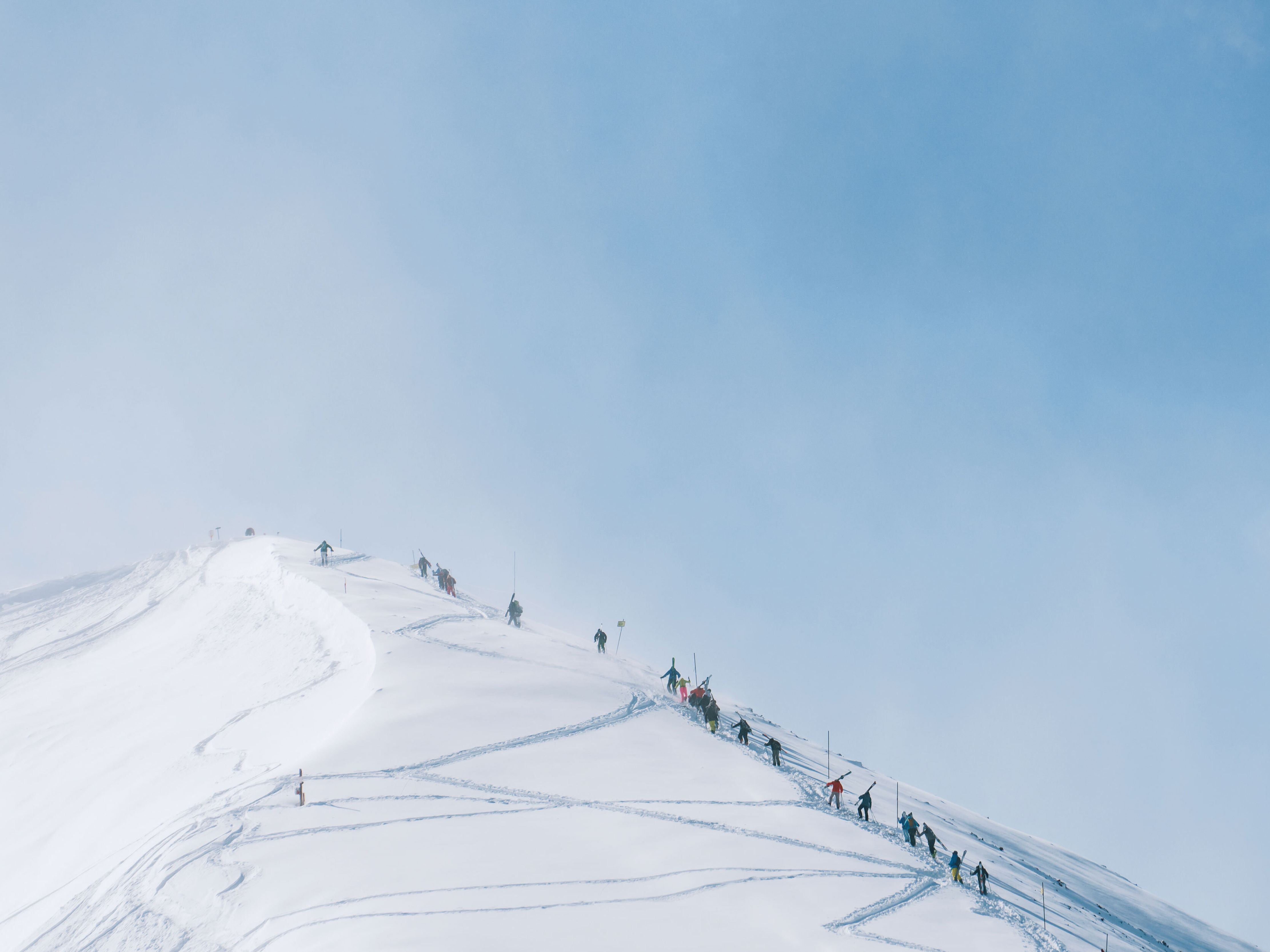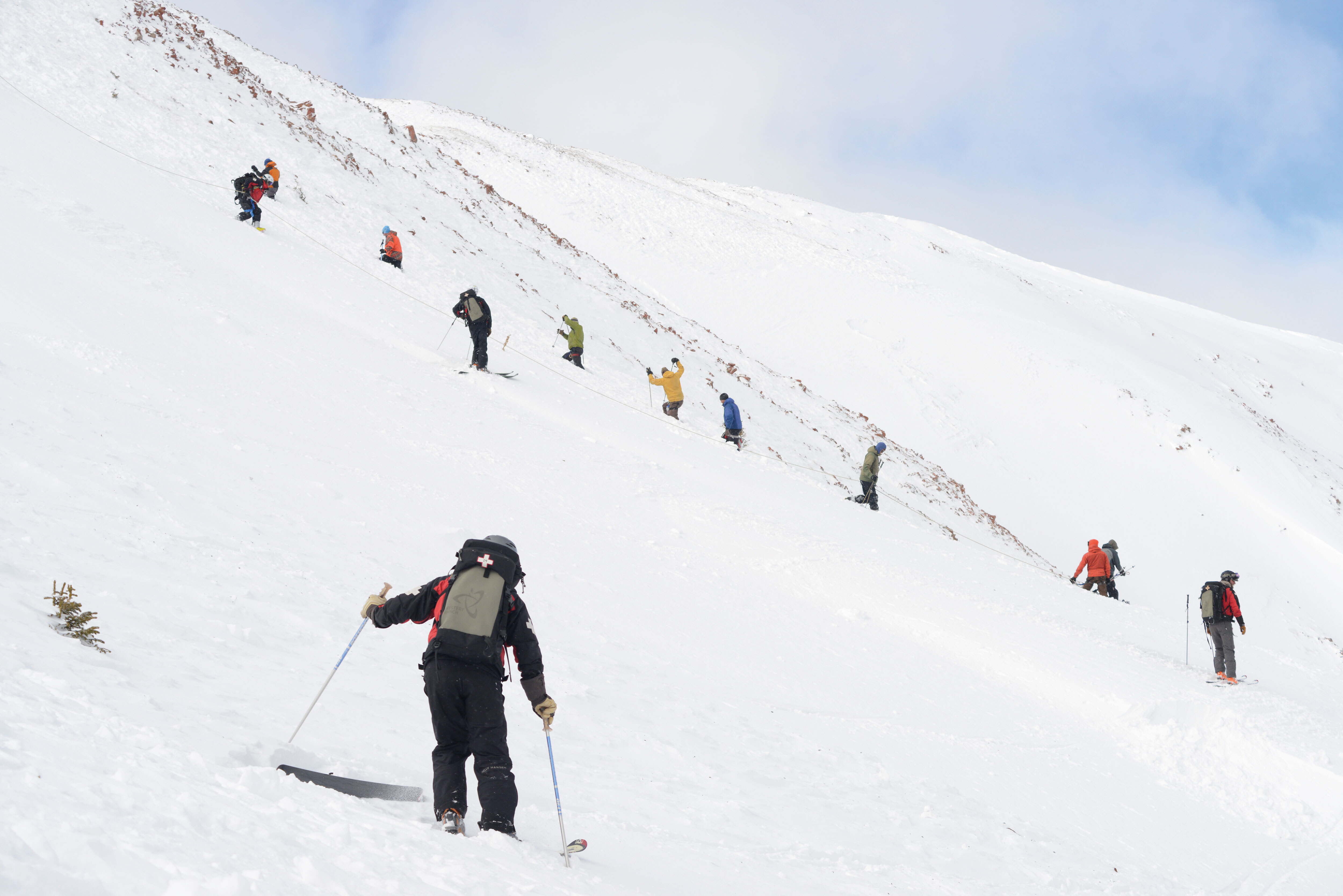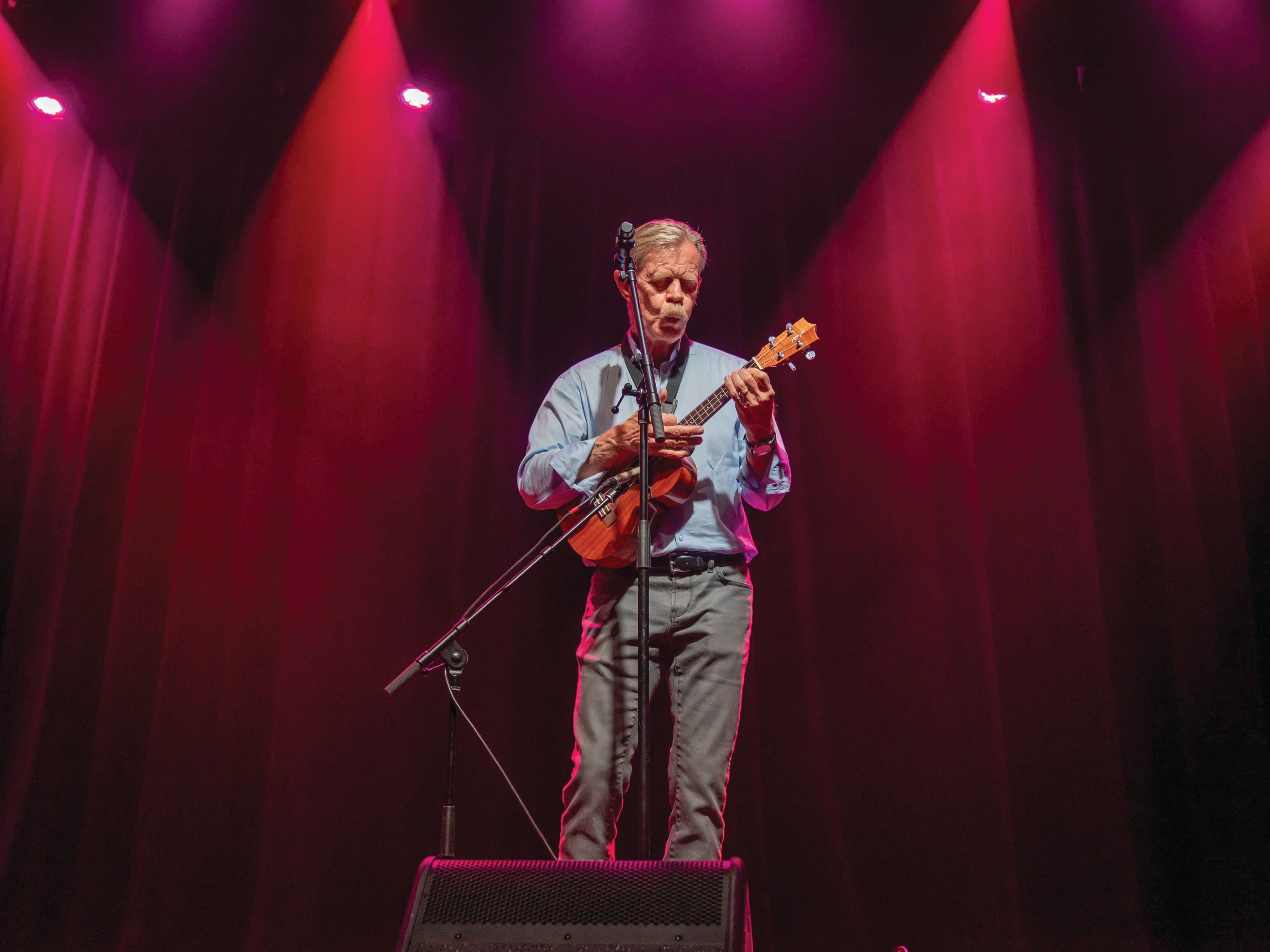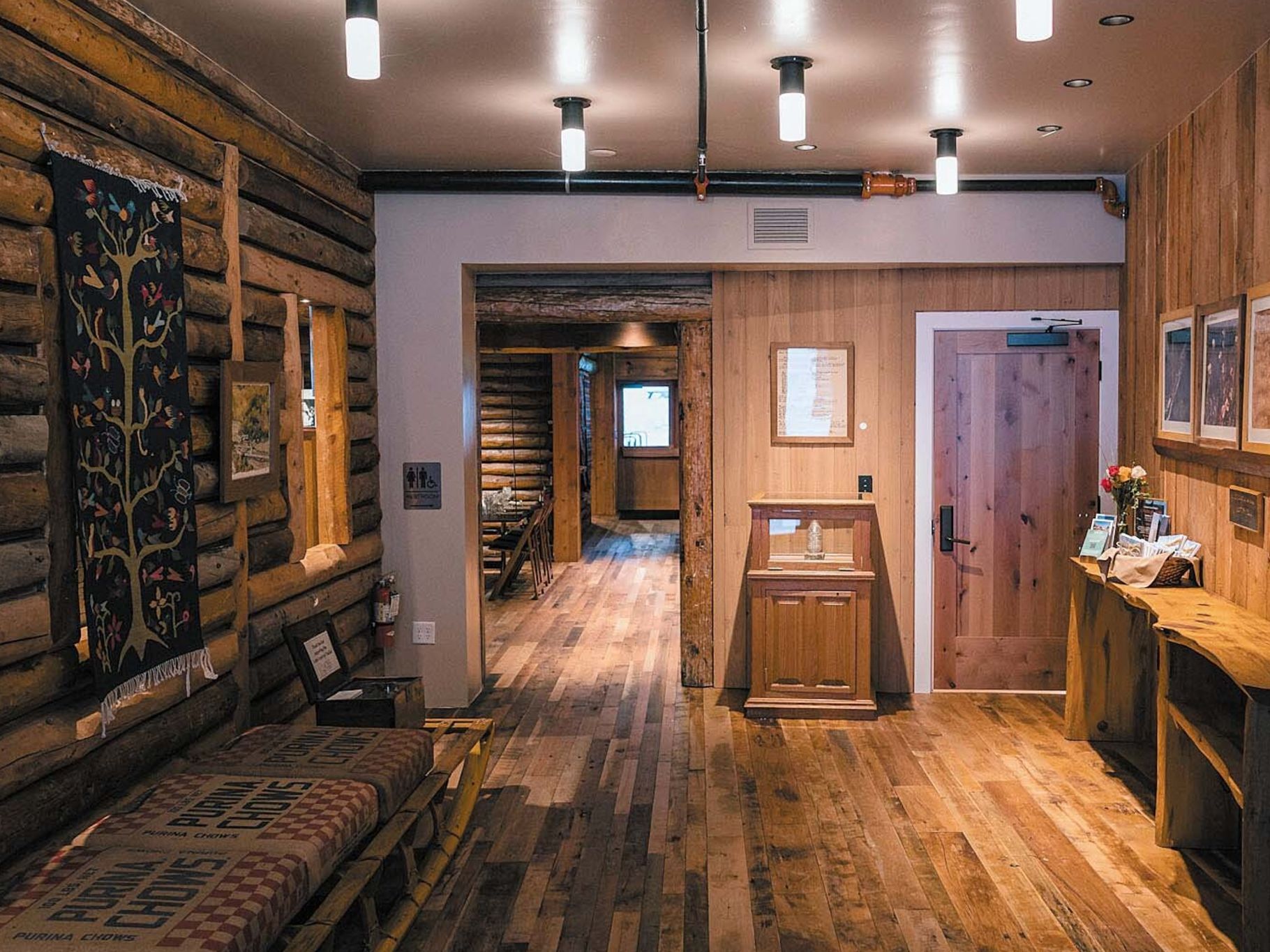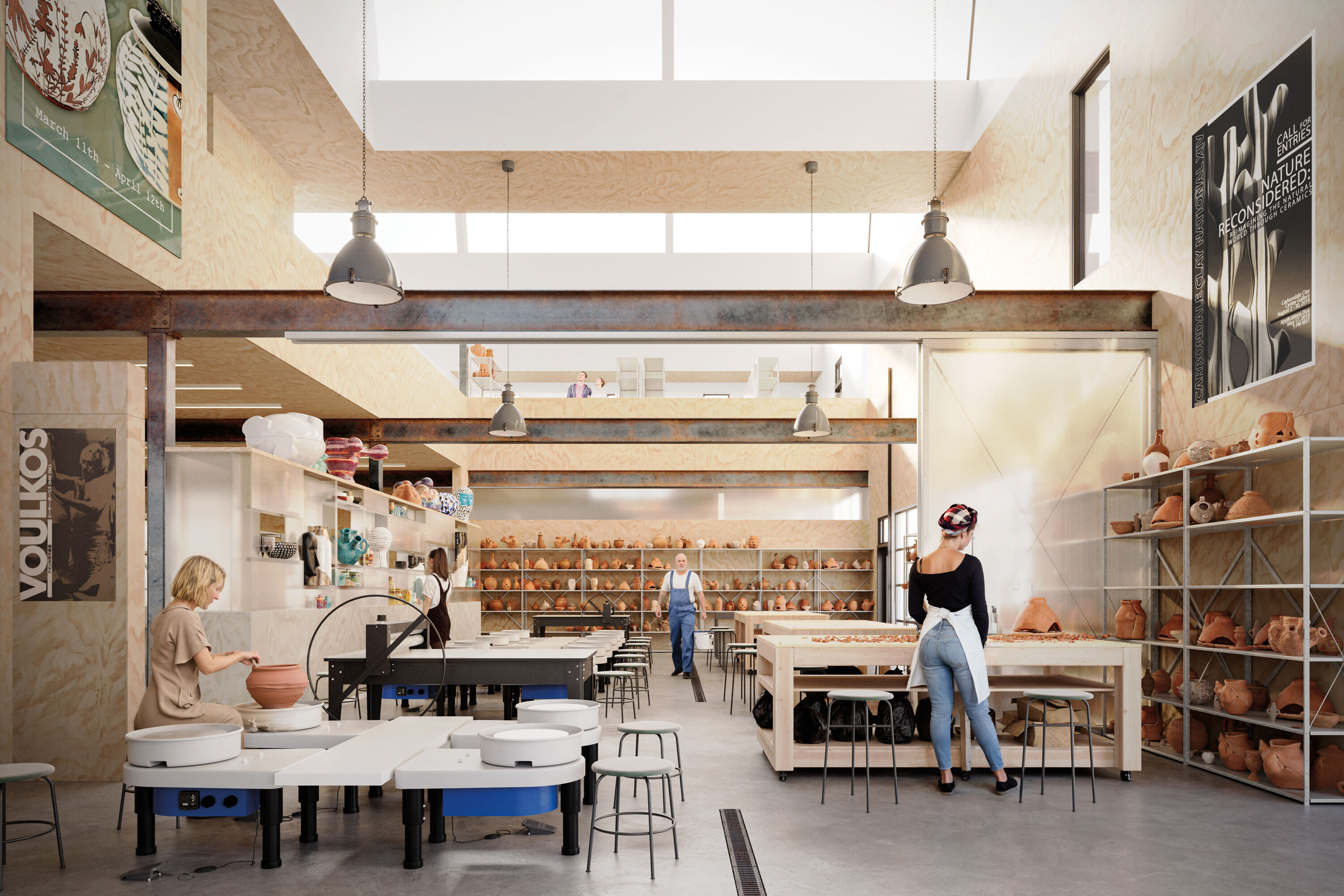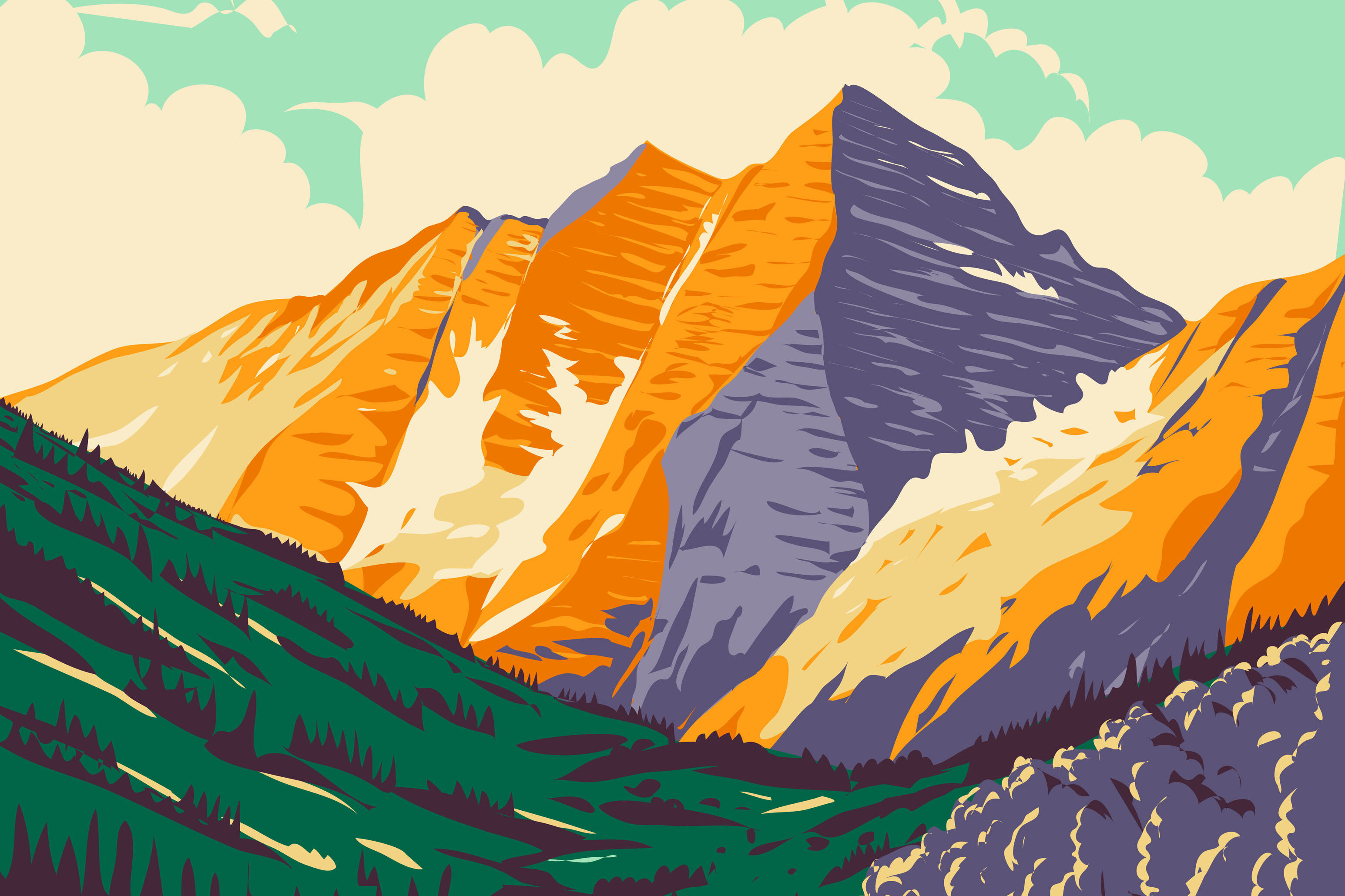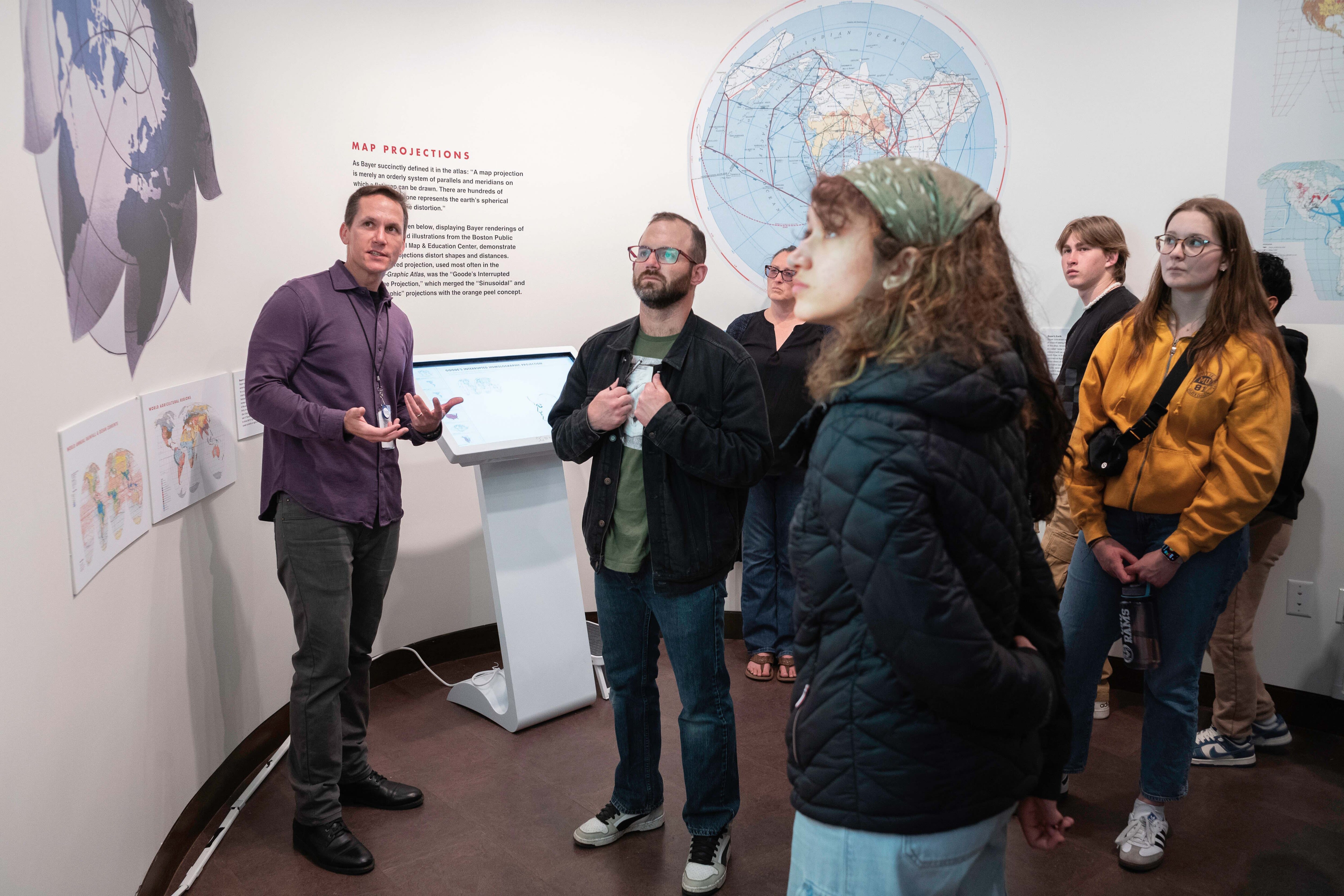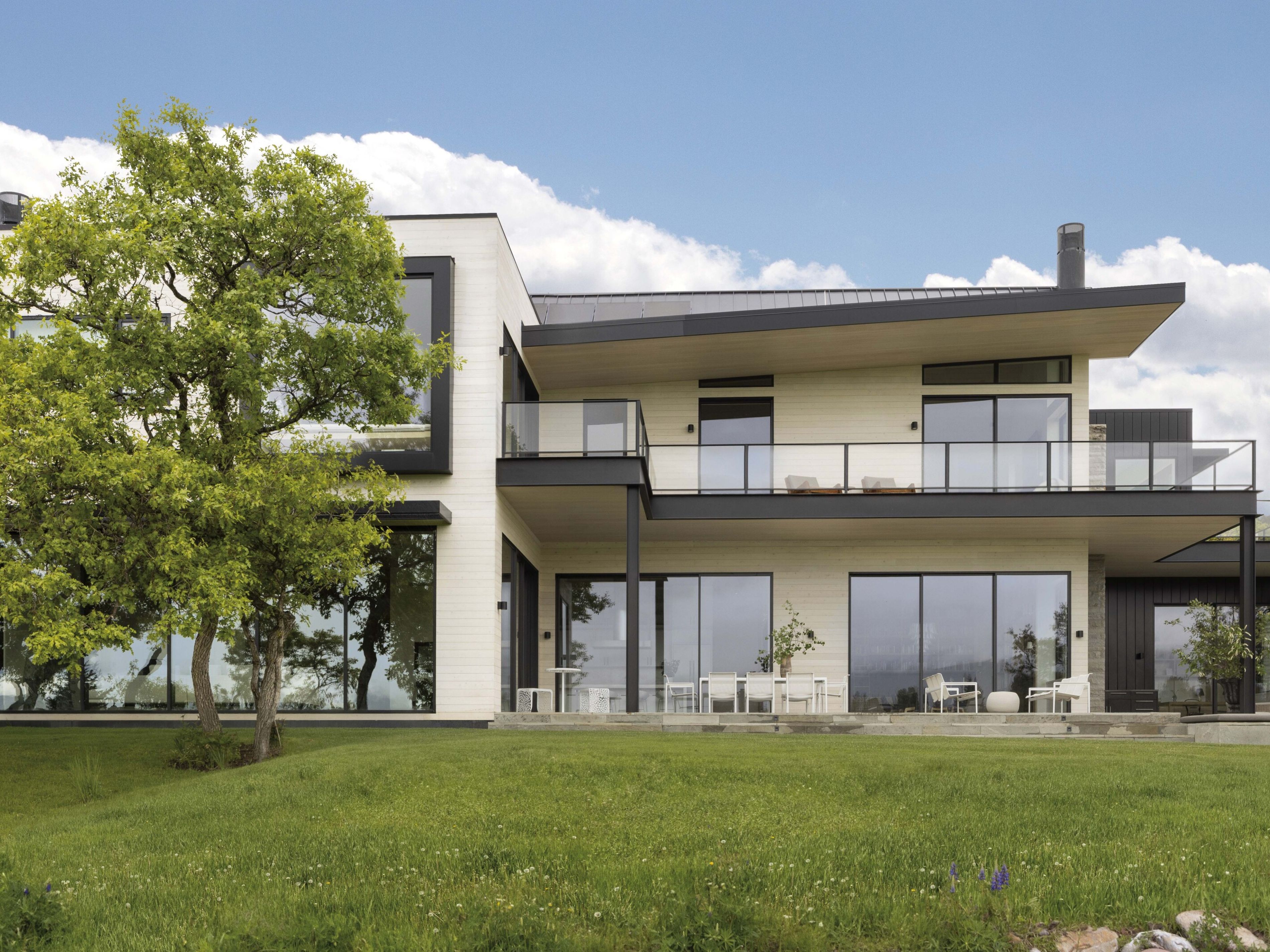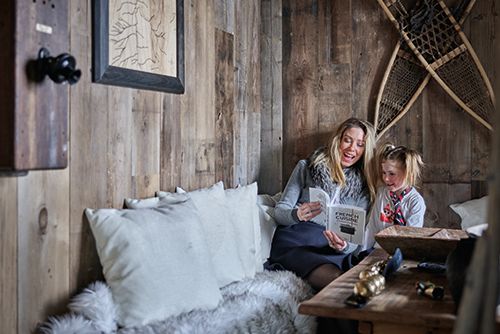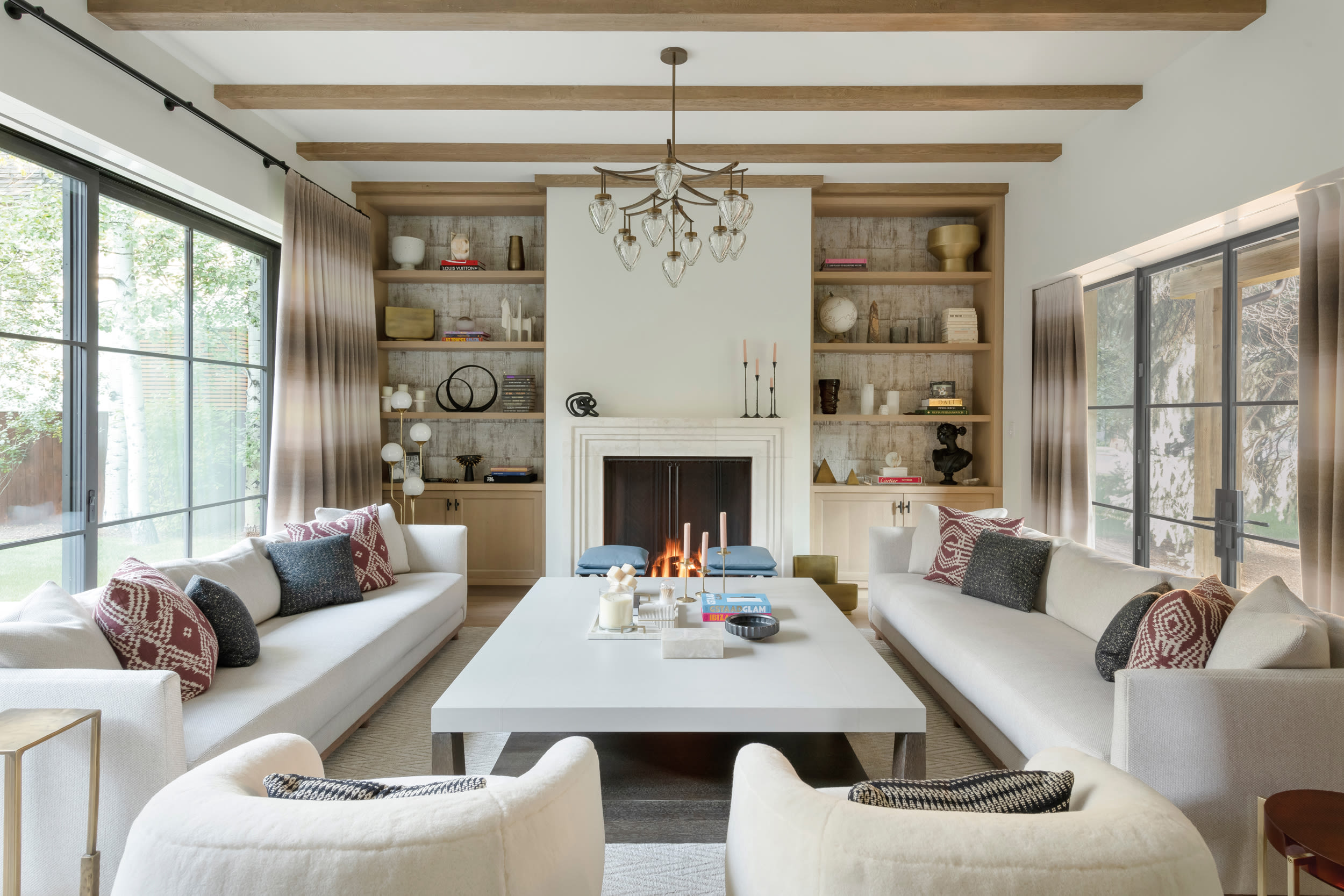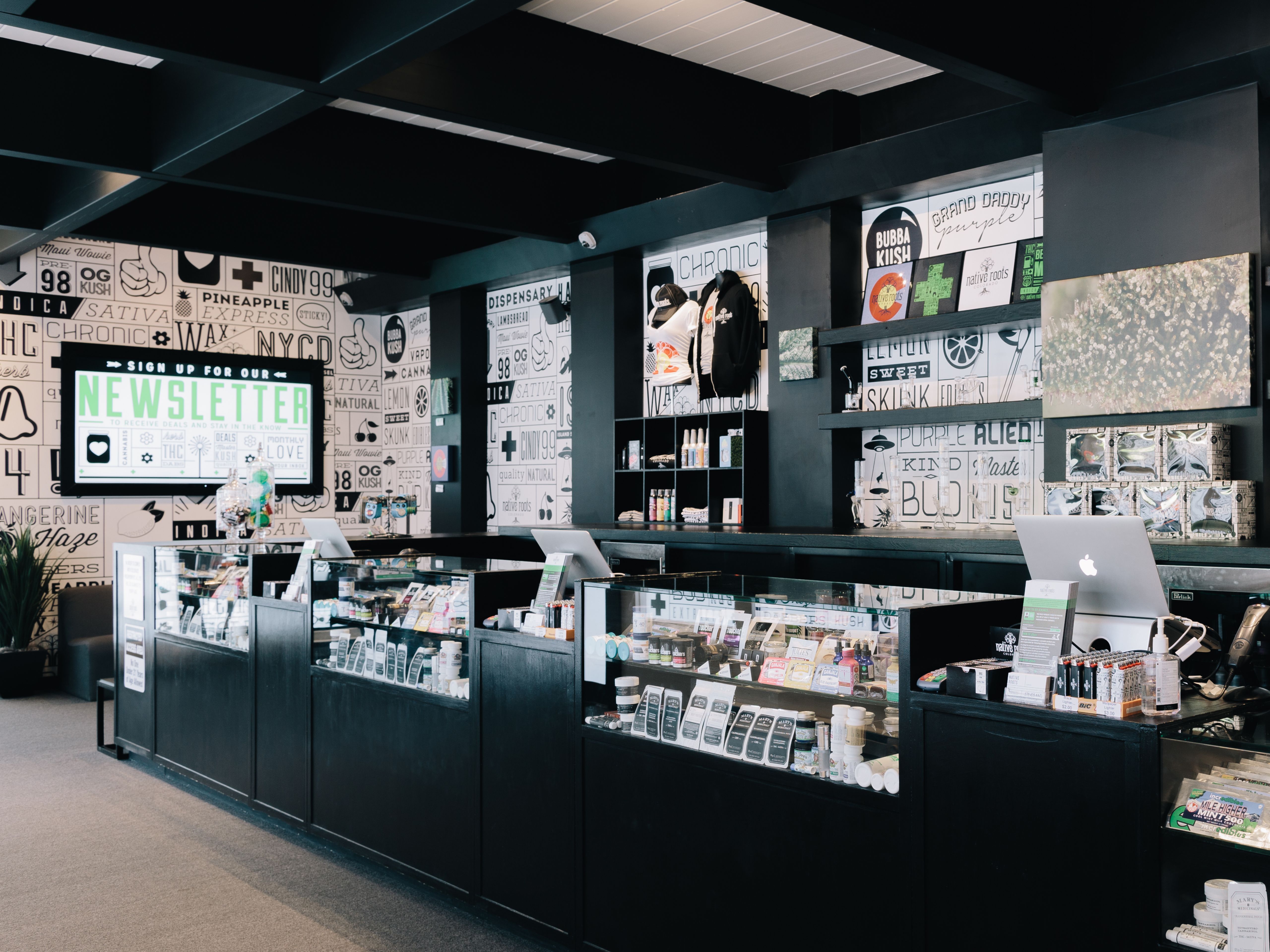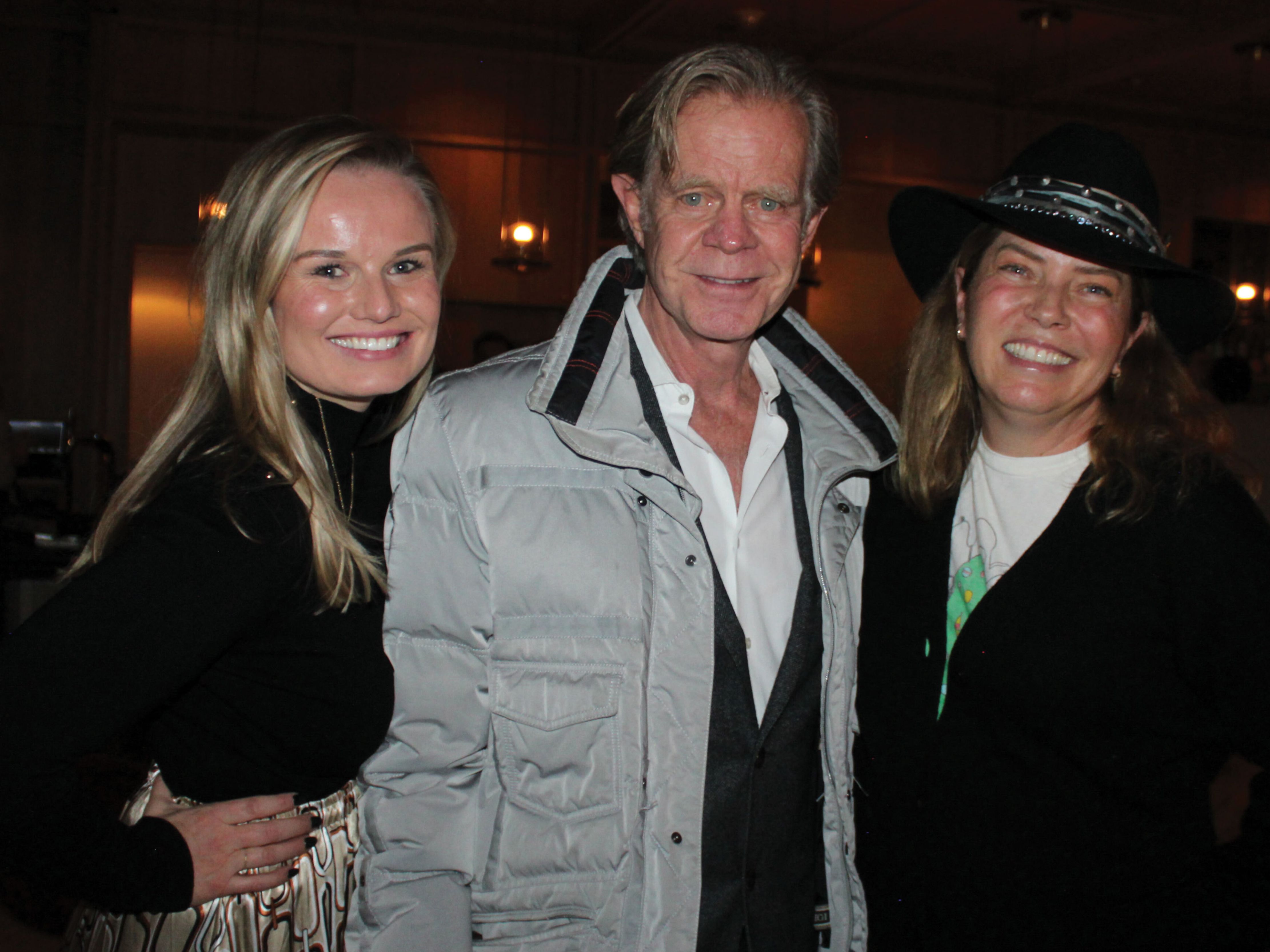A Q&A with Voces Unidas de las Montañas Executive Director Alex Sánchez
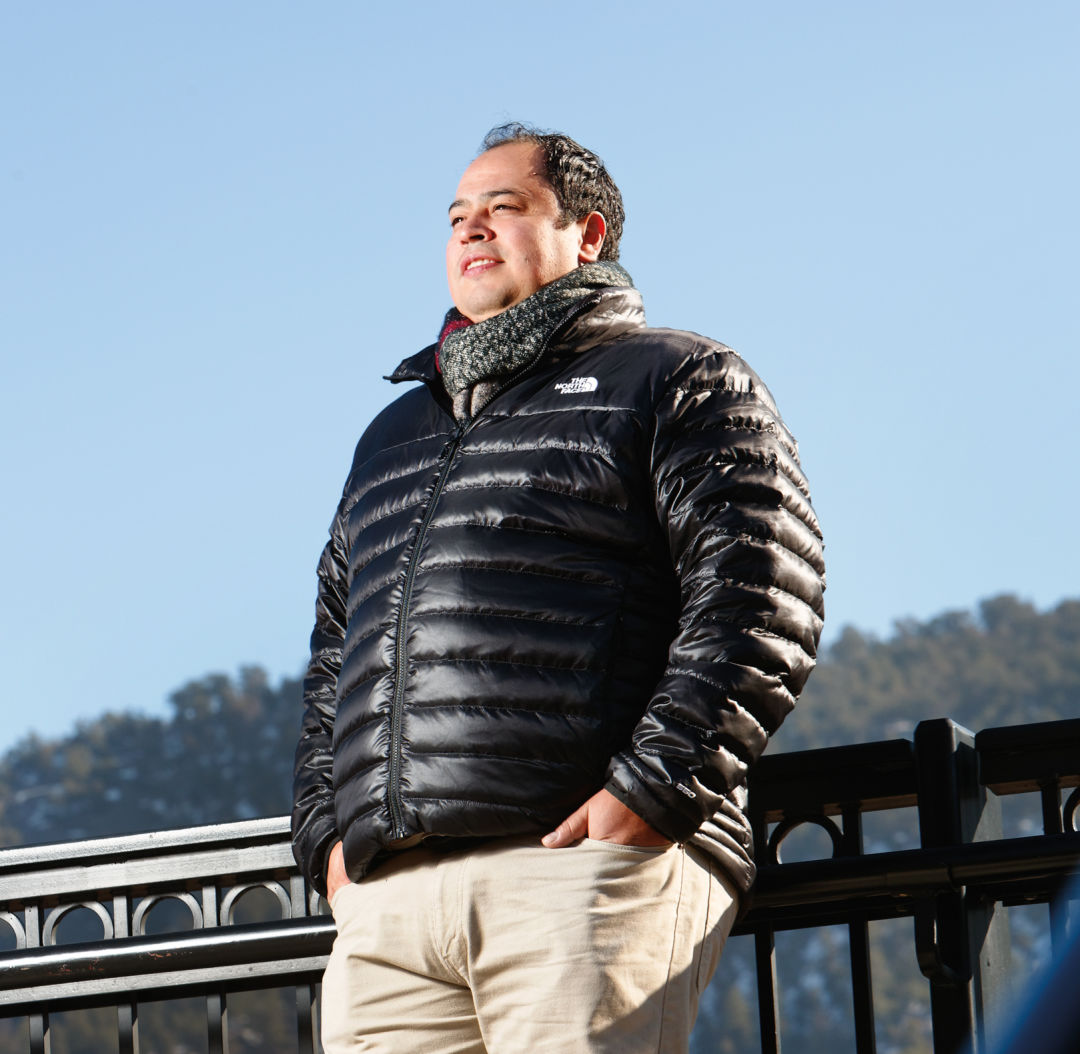
Alex Sánchez
Image: Ross Kribbs
Aspen Sojourner: What was it like growing up Latino in the Roaring Fork Valley?
Alex Sánchez: It has changed, and it hasn’t changed. The lack of opportunity for people of color, and for Latinas and Latinos specifically, has not changed. I believe we are keeping this segment of society oppressed by design. We are keeping them in low-wage jobs that do not allow them to have a healthy lifestyle, to be able to afford the basic necessities, and to have access to health care and career opportunities that allow them to use their talents and reach their God-given potential.
My generation has had a lot more privilege. We were more integrated than our parents. I was the first person in my family to graduate from high school and go to college. There is also a large, tight-knit immigrant community here that is very welcoming and supportive, and allows us to thrive. I didn’t really appreciate that until I went to college in Fort Collins, where there were very few people like me.
You have lived all over the country, doing advocacy in the public and private sectors, but you returned here to become the executive director of Valley Settlement, which serves the local immigrant community.
I never imagined I would come back, especially in a position of leadership. To be able to create the change that my friends, family, and relatives need and desire was an incredible opportunity. Valley Settlement does extraordinary work in early childhood education, and I was very blessed and grateful to be able to have led the organization for over a year.
Why did you then decide to leave to start your own nonprofit, Voces Unidas de las Montañas?
When I moved back to the valley, I was shocked to see the overt imbalance of power and lack of opportunities for Latinas and Latinos all across the region—realities that had not changed since I was in high school 20 years ago. I felt a sense of responsibility to follow my own vision and use my talents to create change—not someone else’s vision for what we need or want, but our own.
Voces Unidas is about creating social capital and increasing political power for a community that has lived in the shadows of society. Latinas and Latinos represent 30 percent of the population in Garfield and Eagle counties and 10 percent of Pitkin County, yet our community is not represented at many of the decision-making tables, in most leadership circles of local government, in civic institutions, and even in the nonprofits doing work with our own communities. That was where our mission originated: to call out inequitable systems that continue to keep members of our community from leadership opportunities. We can speak for ourselves, and we can create the future that we want to see for our own families.
During the recent election, you were extremely busy doing voter outreach.
There are approximately 9,000 registered Latina and Latino voters between our three local counties of Pitkin, Eagle, and Garfield. When you have a disenfranchised community that is ignored by the candidates and the political system, it’s no secret as to why we tend to be low-propensity voters. When Latinas and Latinos vote, everyone wins, because we have more voices to shape our community at the state and local levels.
You didn’t personally attend the Black Lives Matter protests in Aspen earlier this year, but you were at the one in Rifle; what was the experience like?
Let me just say there is a big difference between a BLM protest in Aspen and one in Rifle. We at Voces Unidas had heard that the young people who organized it were Latinas and Latinos, so we were a sounding board for them beforehand. I can appreciate counterdemonstrators, but I have never seen anything like what I witnessed in Rifle. There was a group of militia walking around intimidating protesters, armed with AR-15 rifles, and a gang of about 20 bikers using their exhaust to shoot loose gravel at BLM protesters, including children, women, and people of color. All of that in the presence of the Rifle Police Department and the Sheriff’s Department, who did nothing to stop it. That is not democracy. That is not about First Amendment rights. The fight of our Black brothers and sisters is also our fight.
How can we be allies with our Latina and Latino neighbors?
When a person is fearful of someone who looks like me, it shouldn’t be the responsibility of the person of color to fix it. Those are conversations people who are in the dominant society need to facilitate and moderate if we are ever going to move past this phase of history.
Wow, that’s some heavy stuff. Can I ask how old you are?
[Laughs] I’m 39, but I feel much, much older.
